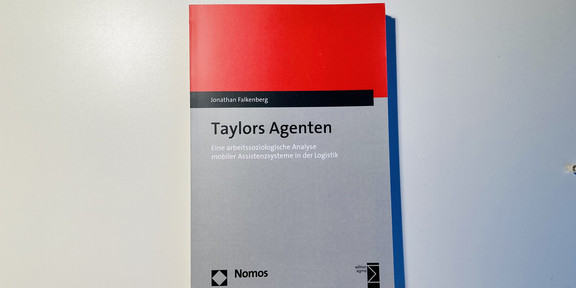Doctoral thesis published

[Translate to English:]
Mobile assistance systems are associated with promises of relief and greater independence at work. At the same time, they are suspected of conducting seamless surveillance of employees. Using the example of order picking, the qualitative case studies in this book show that the aforementioned systems contribute to the intensification and standardisation of work, but are hardly used to monitor workers. The reasons for this are manifold and lie in regulated working conditions and co-determination, work process requirements, technical limitations, alternative control practices or the maintenance of social relations. The findings of this book show that one-sided forecasts fall short of assessing the true impact of mobile assistance systems.


